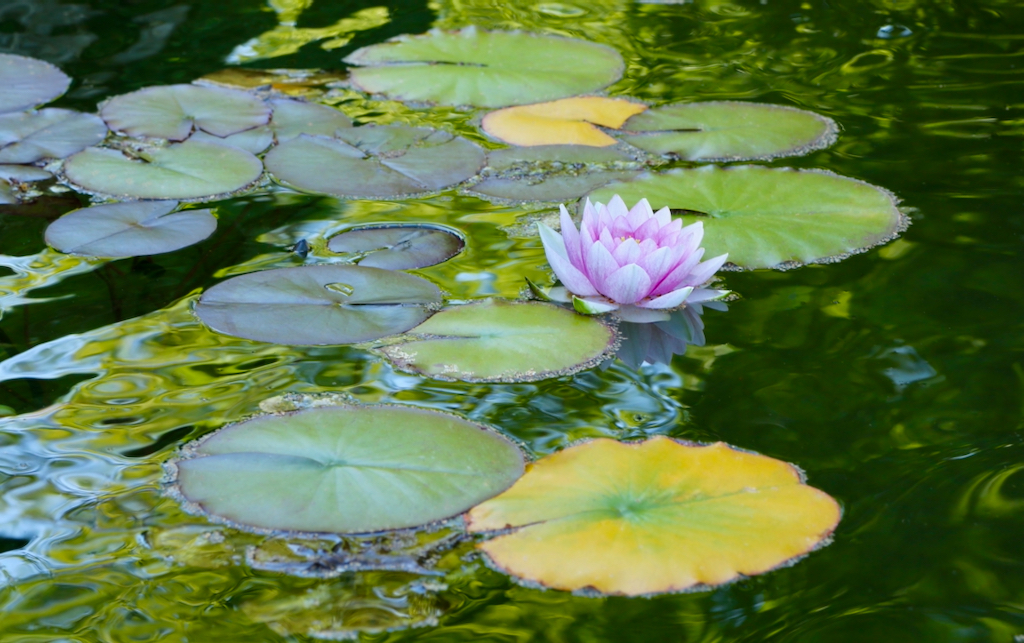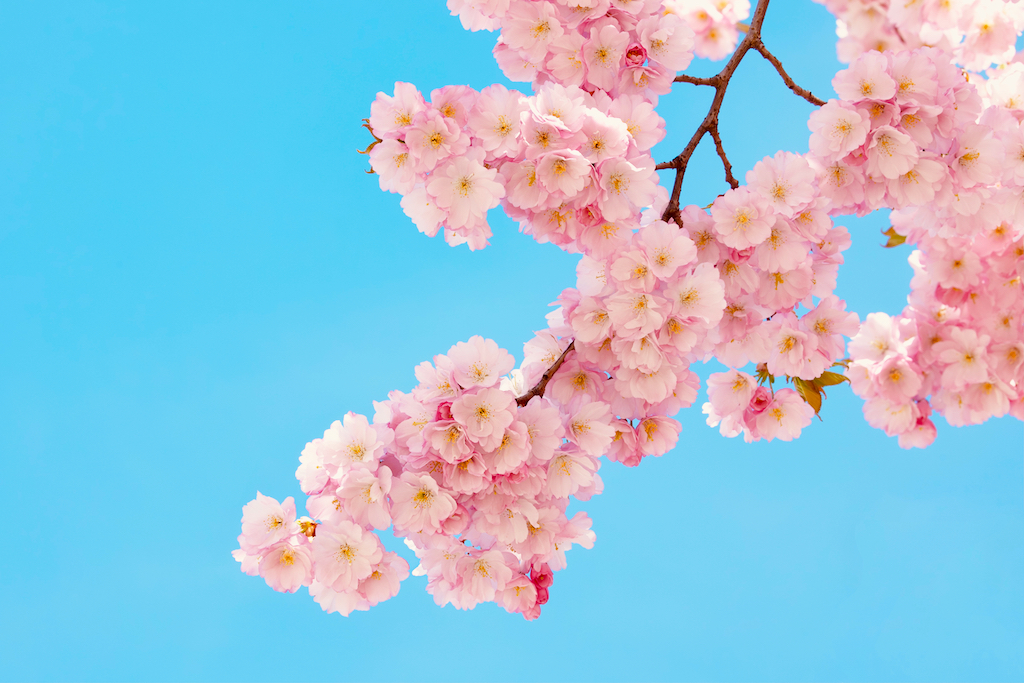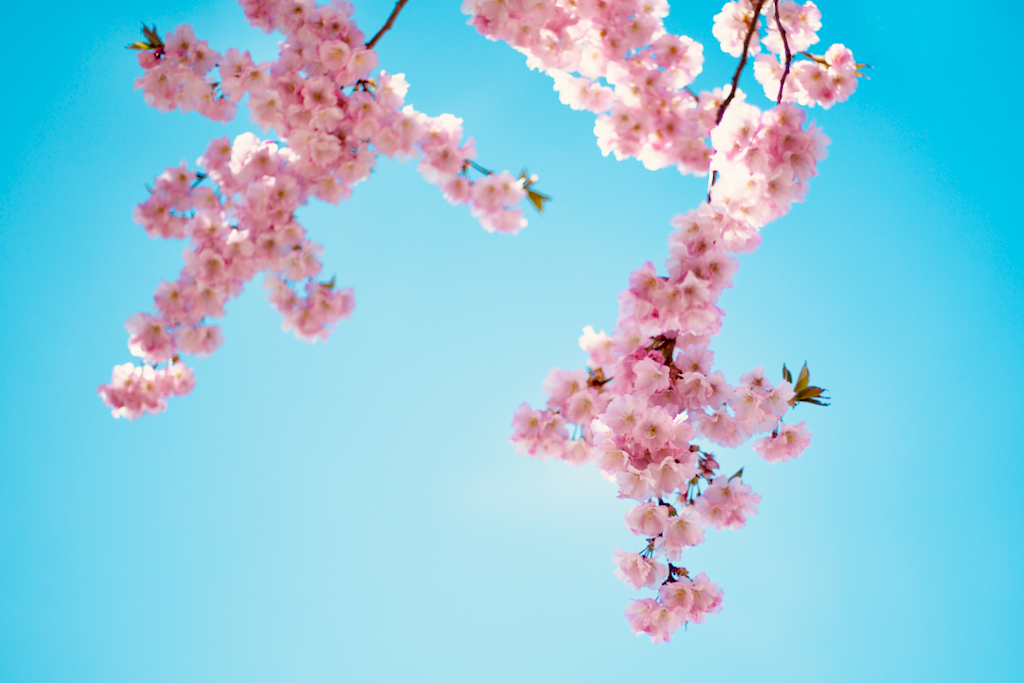
I shall never have the garden I have in my mind, but that for me is the joy of it; certain things can never be realized and so all the more reason to attempt them.
Jamaica Kincaid, My Garden (Book)
To read more quotes, click here.

I shall never have the garden I have in my mind, but that for me is the joy of it; certain things can never be realized and so all the more reason to attempt them.
Jamaica Kincaid, My Garden (Book)
To read more quotes, click here.

Although the wind
blows terribly here,
the moonlight also leaks
between the roof planks
of this ruined house.
By Izumi Shikibu (974–1034). Izumi Shikibu was a mid-Heian period Japanese poet and a member of the Thirty-six Medieval Poetry Immortals.
To read more poems, click here.

I was talking to my aunt some time ago, and I mentioned I was reading about stoicism. “Well, that’s certainly the best time to do it.”, she said as we were talking about Covid-19 just before we moved on to books.
A practical philosophy to guide you to live a better life, become a better and wiser human being, more resilient to whatever life throws at you, Stoicism is definitely helpful these days.
But what I was thinking about, in fact, was the way you could apply it in your creative endeavors. We’re all human beings, after all, before being artists.
Stoics didn’t give much for theories, they were more hands on. They valued action, not talk.
Live your values, don’t just talk about them, simply put.
For an artist, it means you shouldn’t talk about the book you’re going to write, the music you’ll compose, the painting you’ll do. You should write. You should compose. You should paint. Then you can talk about it.
Don’t explain your philosophy. Embody it, said Epictetus.
Waste no more time arguing what a good man should be. Be one, Marcus Aurelius advised.
If you want to be a writer, write. Don’t talk about writing.
As a beginner, it’s easy to get caught in appearances. You know, people-watching at a café, scribbling ideas onto a Moleskine notebook. Buying the latest and greatest writing software and gadgets. Tinkering with a website. And so on.
But these are all, well, appearances.
What you don’t see when reading a good book is the toil behind it. The time on the chair, the long hours spent staring at the blank page, the despair, the self-doubt, the inner criticism, the endless edits, the re-writs, time after time, day after day. Writing is a hard business, as Hemingway once said. *
Don’t be one of those people sitting at the café, sipping their latte, and talk about writing a book. Stop talking and start creating.
You become an artist by doing the work of an artist, not by talking about it.
* letter to Maxwell Perkins, 1938 from Selected Letters
If you liked this post, share it on your preferred social network or forward it to a friend.

What a strange thing!
to be alive
beneath cherry blossoms.
By Kobayashi Issa (1763-1828), a Japanese poet known for his haiku poems and journals. Issa is regarded as one of the four haiku masters in Japan, along with Bashō, Buson, and Shiki.
To read more poems, click here.

The beautiful spring came; and when Nature resumes her loveliness, the human soul is apt to revive also. – Harriet Ann Jacobs

You can cut all the flowers but you cannot keep spring from coming. – Pablo Neruda

I am going to try to pay attention to the spring. I am going to look around at all the flowers, and look up at the hectic trees. I am going to close my eyes and listen. – Anne Lamott

With the coming of spring, I am calm again. – Gustav Mahler

No winter lasts forever; no spring skips its turn. – Hal Borland
To read more quotes, click here.

Last night I dreamt of … Bear with me, please. I know, reading about someone’s dreams is as exciting as watching your computer progressing through system updates—even well-written ones.
I guess it has to do with their purely fictional character. We know they’re made up. Fiction pretends to be real, and we call it out when it’s not working. We’re willing to listen to the tale that is disguised as true, but not to the dream we know is not.
Dreams are second hand, involuntary fiction.
So, I had a dream. I won’t bother you with the details. But being through a scary experience (being lost in a city I didn’t know, walking very determined to nowhere), I did what all writers do: wrote about it in the dream. I had, apparently, decided that I could at least get a story out of that scare. Never let a good crisis go to waste, and all that.
And when I woke up, I wrote about the dream. As any writer would do.
If you liked this post, share it on your preferred social network or forward it to a friend.

The lark sings through the long spring day,
But never enough for its hearts’ content.
by Matsuo Basho (1644 – 1694) was the most famous Edo period poet and a haiku master.
To read more poems, click here.

One of the few things I know about writing is this: spend it all, shoot it, play it, lose it, all, right away, every time. Do not hoard what seems good for a later place in the book, or for another book; give it, give it all, give it now. The impulse to save something good for a better place later is the signal to spend it now. Something more will arise for later, something better. These things fill from behind, from beneath, like well water. Similarly, the impulse to keep to yourself what you have learned is not only shameful, it is destructive. Anything you do not give freely and abundantly becomes lost to you. You open your safe and find ashes.
– Annie Dillard (b. 1945), American author. Her book Pilgrim at Tinker Creek, a “sustained nonfiction narrative about the fields, creeks, woods, and mountains near Roanoke, Virginia,” won the 1975 Pulitzer Prize for General Nonfiction.
To read more quotes, click here.

All creation is an act of faith. Faith in yourself and your capacity. Your skills. Your persistence. Your vision. Especially your vision.
As an artist, you don’t have a blueprint, a manual to show you the way. No IKEA how-to-kit. “Follow these steps, assemble these parts; here’s the final product.” Only the vision in your mind, of what it could be.
At times, you may waver. Self-doubt creeps in. You run into a problem, and your vision seems to be more and more a fata morgana, a mirage drawing further and further away.
Other times, you cannot be even bothered to do the work. “What’s the use? It’ll be useless. It’s such a bad idea.”
That’s fine, in fact. Self-doubt is an artist’s constant companion. We have to learn to live with it. Acknowledge it, look it in the eye, and keep working.
There’s no other way.
If you hear a voice within you say you cannot paint, then by all means, paint, and that voice will be silenced.
― Vincent van Gogh
If you liked this post, share it on your preferred social network or forward it to a friend.

I have caught up departing Spring
Here at the Bay of Waka-no-ura.
Matsuo Basho (1644 – 1694) was the most famous Edo period poet and a haiku master.
To read more poems, click here.
Copyright © 2025, Mihaela Limberea. Proudly powered by WordPress. Blackoot design by Iceable Themes.